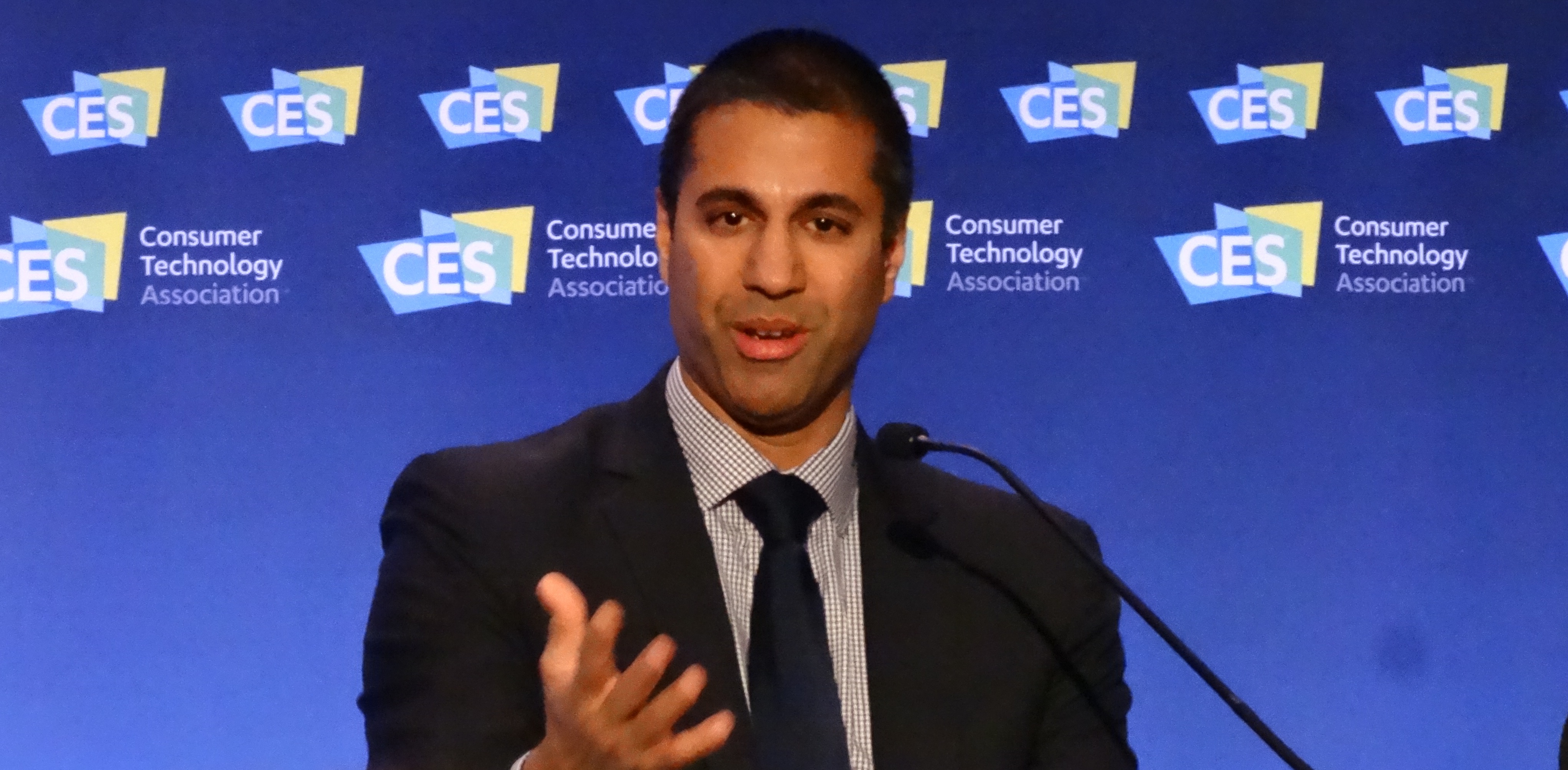
In his “first major policy address” as chair of the Federal Communications Commission, Ajit Pai urged congress to channel broadband infrastructure spending through him. Pai spoke at Carnegie Mellon University in Pittsburgh yesterday, and focused almost entirely on broadband, with particular emphasis on the mobile variety.
Broadband infrastructure is at the top of his policy agenda. If congress decides to fund it, Pai thinks that the FCC should run the program and channel the money through its existing, incumbent-centric subsidy programs…
Any direct funding for broadband infrastructure appropriated by Congress as part of a larger infrastructure package should be administered through the FCC’s Universal Service Fund (USF) and targeted to areas that lack high-speed Internet access…
…our track record is frankly better than that of other agencies. The 2009 stimulus bill gave direct funding for broadband deployment to both the Commerce and Agriculture Departments. The Government Accountability Office found that many USDA projects were delayed and dozens wound up being cancelled altogether. Indeed, one profile of the USDA program used the headline “Wired to fail.” And the Commerce Department’s program fared no better—indeed, it’s best known for duplicating existing networks in Colorado and wasteful spending in West Virginia.
Incumbent telephone companies nearly always have first dibs on universal service fund money. To get it, they have a low performance bar to clear. The benchmark for the Connect America Fund program is 10 Mbps download and 1 Mbps upload speeds, for example, and there’s no requirement that they build or upgrade infrastructure beyond the absolute minimum needed. For AT&T, that can mean yanking out wireline networks and replacing them with fixed wireless access points bolted onto existing cell towers.
At this point, though, there’s no money on the table. A $20 billion broadband infrastructure program – run through the commerce and agriculture departments, as it happens – has been floated by U.S. senate democrats but not yet drafted into bill language and not likely to get far in a republican majority congress.
